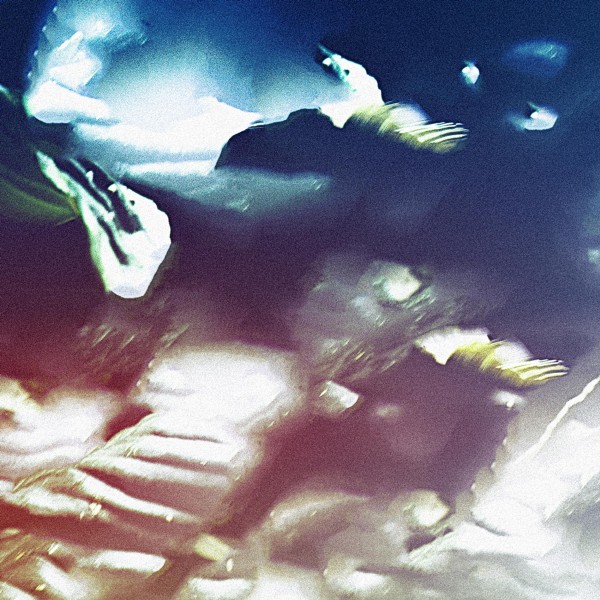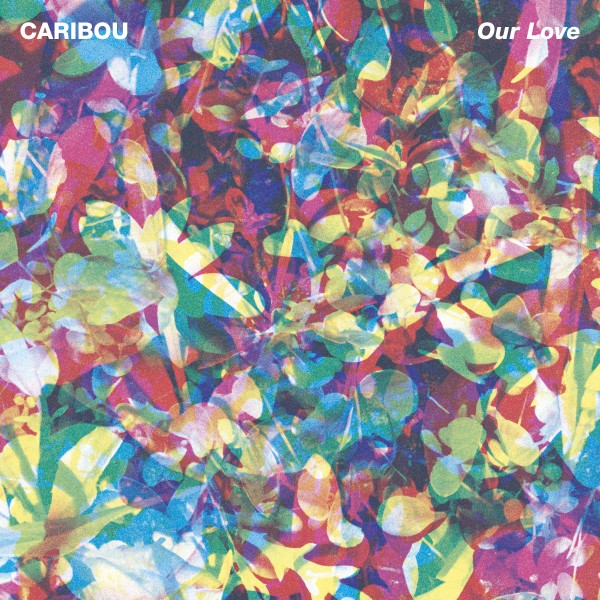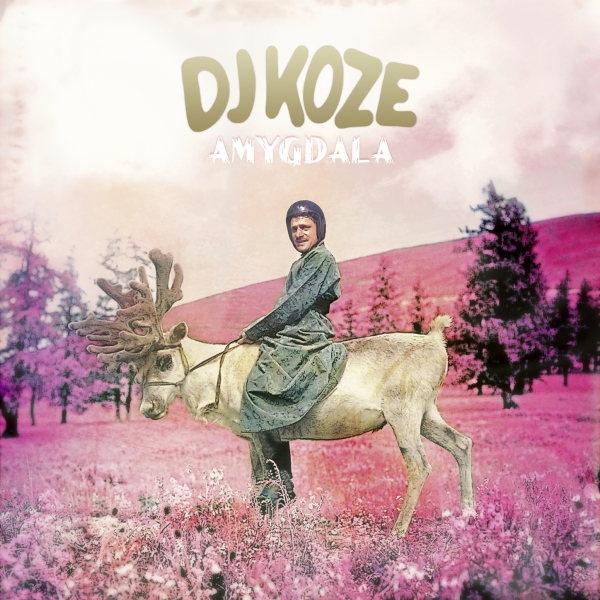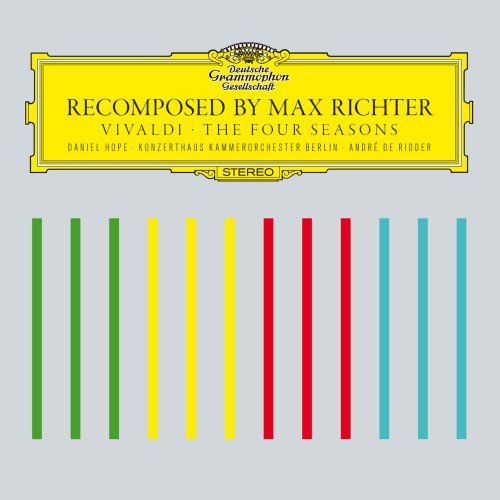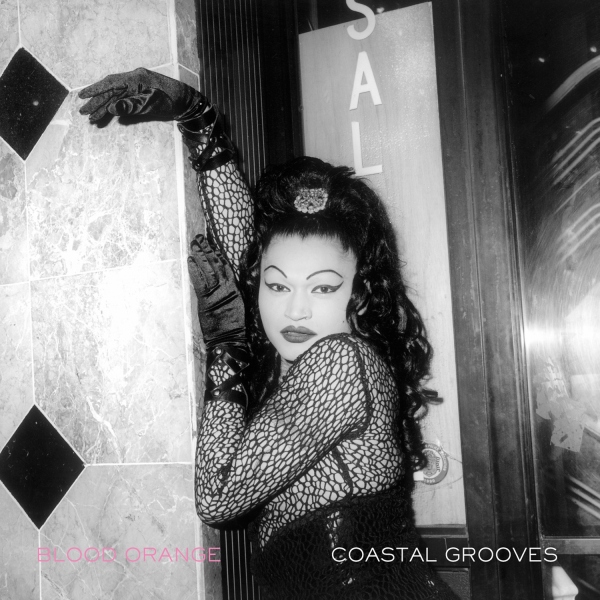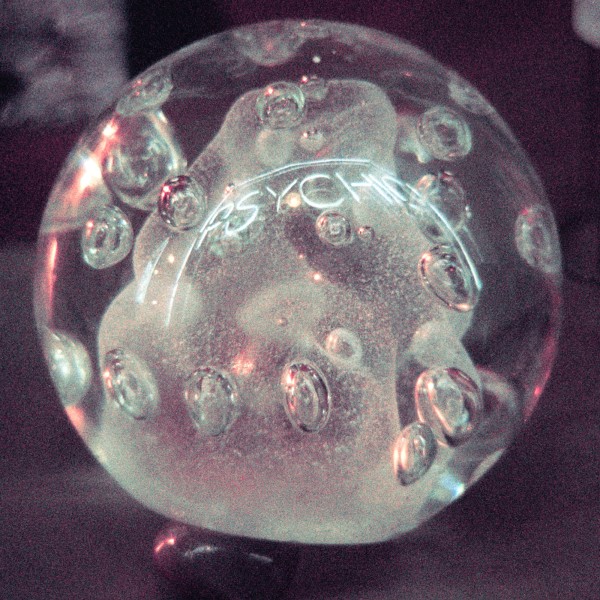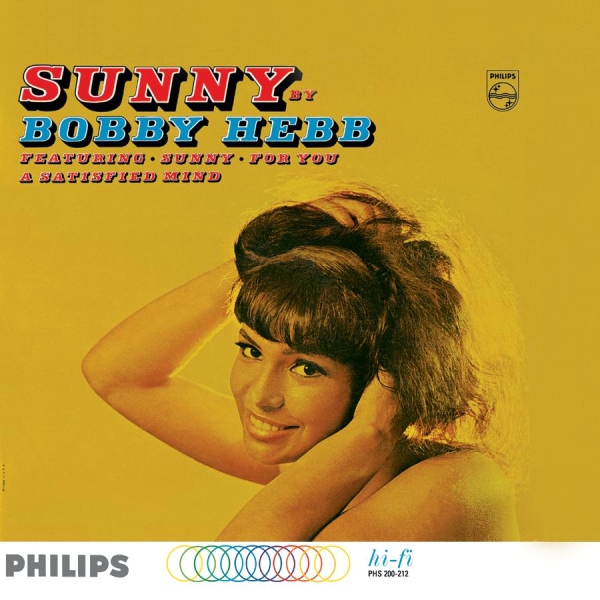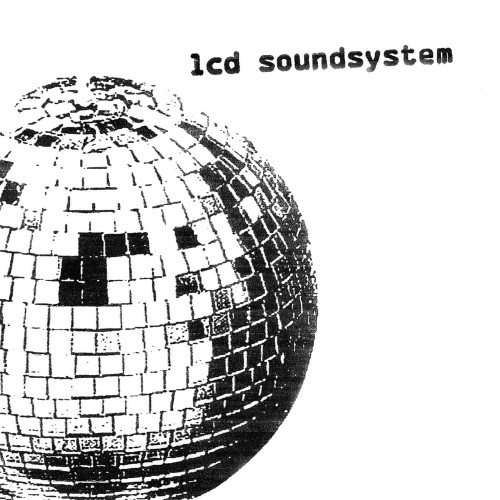Music
Albums On Repeat

♫
Tracks On Agressive Repeat
♫
Recent Concerts, Comedy, & Plays
- Air Guitar Semifinals feat. Friend Zone @ Bowery Ballroom
- Colin Stetson & Sarah Neufeld @ Bowery Ballroom
- Lauryn Hill @ Blue Note
- Stevie Wonder @ Barclays
- Elephant Man @ Booth Theatre
- Caribou + Jessey Lanza @ Webster Hall
- Karen O @ McKittrick Hotel
- Devendra Banhart, Magnetic Fields, Iron & Wine @ BAM
- Dave Chappelle w/ Erykah Badu @ Radio City
- FKA Twigs @ Terminal 5
- Haim @ Terminal 5
- Music of William Onyeabor @ BAM
- Adult. @ Verboten
Up Next: Hamilton, China Doll
♫
Listening Guide
- Need sleep? Listen to Eluvium.
- Want to relax? Listen to Talkdemonic.
- Party time? Listen to LCD Soundsystem.
- Home at 6am from party time? LCD Soundsystem.
- Is it raining? Listen to Burial.
- Is it sunny? Listen to Bill Withers.
- Landing in a plane at night? Sigur Ros.
- Polite dinner party? Blossom Dearie.
- BBQ at the beach? Listen to Beach Boys' Party!
- Hangover drive to a burrito? Devendra Banhart.
♫
General Thoughts on the Music industry
Because most people like music and it would be objectively wonderful to run a successful music business, the music industry has had more than its fair share of attention from web startups over the years. Despite this attention, it remains wildly broken in every way that counts. None of the relevant parties (labels, artists, fans) are content with the way things are today. What's worse, the poor track record of tech + music has led to an evaporation of investor interest and a fairly jaded music industry.
This is a shame. The fact remains that the music industry is in need of thoughtful, informed, and sustainable products. The path we're on today, if unchanged, leads to a disappointing future. One in which musicians and labels can't make a decent living and great music goes unmade. If you love music and care about its future, you need to pay attention to the problems of artists, fans, and small labels. We're paying attention at Fictive Kin, but it's definitely a "more the merrier" kind of situation. With investors on the sidelines, it's up to us fans to make progress. I thought I'd share some of my thoughts in case you wanted to join in the fun.
♫
Assorted Notes
Lots of money moves around the music industry ($16 B / year), but very little profit seems to be made.
- - Warner Music Group lost $127 million in 2013.
- - Rdio had to lay off a bunch of its employees.
- - Pandora has a huge profitability problem.
- - Artists are increasingly unhappy with Spotify payouts.
- - Artists aren’t able to make enough money in general.
- - Maybe Beats will save the day? :smugbert:

♪
The music industry has set baseline revenue expectations for itself based on a history of selling music fans the same song / album over and over and over again. It’s a vinyl record, then its an 8-track, a cassette, a compact disc, a minidisc, an mp3, then in Williamsburg a vinyl record again (:iceburn: ).
).
Because music's future is digital, there is no technical reason for this cycle to persist1. But that doesn't make the music industry any more likely to adjust its revenue expectations to this new reality. So, if you want a product to be embraced en masse by people in the industry, it will likely need to meet or exceed these historical expectations.
1 That said, I can’t wait to watch them try to do it anyway. Five bucks says that “buying” an album (or a movie or a tv show) on iTunes will not be as permanent as we think. "Oh, sorry, that was only a 2010s 'Buy' license. If you’ll kindly consult the user agreement you signed implicitly by purchasing this album, you’ll see that the purchase doesn’t entitle you to plays beyond midnight December 31, 2019. If you have any questions, send them to gtfo@musicindustry.com."
♪
There's a "gotcha" that comes with trying to meet the industry's historical revenue expectations. When you do the math, it starts to look very, very difficult (6:46).
♪
The story of Craigslist and newspaper classified ads is relevant. As the story goes (9 min mark), Craigslist transformed billions of dollars in classified ads revenue that was going to the newspaper industry into $150-$200 million going to Craigslist. Craigslist was a 30-35 employee company at the time.
The exact numbers are difficult to pin down, but the story illustrates a salient point: when the Internet finds its way into an industry, a sort of readjustment can take place. This tends to mean a smaller pie overall, but an even smaller number of eaters. The outcome? A whole lot of pie for everyone still at the party. In business terms, revenues drop but costs drop even farther. The result is larger profits.
♪
It's my guess that products that steer clear of the transfer or sale of digital music will have an easier time and may not be beholden to historical revenue expectations. Digital music is a direct competitor to other kinds of music sales so labels are more easily able to make comparisons between old revenues and new revenues. If your product does something new or ancillary, such comparisons will be more difficult. You may (fingers crossed) even be seen as increasing the size of the overall market.
♪
There's probably a limit to the financial success of such ancillary services. If you ever get so big that you look more appealing than the core digital music market, you may find the large labels become your competitors.
♪
Large labels often prefer to compete in the courtroom rather than in the marketplace.
♪
We want the artists we love to make a living on their music because we want them to keep making music. As we work towards that goal, we need to remember that artists are freelancers and they are not in an industry known for lengthy careers. As such, we cannot use a typical annual salary as a metric for success.
Think of an NFL running back. They have an average career of three years. Three intense years that are the culmination of many years of unpaid effort. Because those three years are the entirety of their career, they get paid accordingly. As we seek to shape the future of the music industry with our products, we have to keep this math in mind.
♫
Opportunities
The Holy Grail
The biggest opportunity in music right now is this:
Bring fans closer to the artists and labels they love.
Why? To let the Internet do what it does best: remove arbitrary, historical barriers that are no longer relevant or necessary and enable an intimacy that was never before possible. Doing so could have powerful implications. I mentioned above that Warner Music lost $127 million dollars in 2013, what I didn't mention was that in the same year, they made $2.87 billion in revenue. Calculator in hand, we see that they made $2.87 billion on music in 2013, but they managed to spend about $3 billion (or at least tell the governement they did) on who knows what.
The way I read this is that fans are willing to spend money on music, but big labels are willing to spend more. How much of that $3 billion in expenses is a necessary component of the music industry and how much is a necessary componetnt of running a 3,500+ person company?
Connecting fans directly with the artists and labels they love creates an opportunity for the largest percentage of fan dollars to reach the people most responsible for making the music. A lot of companies have this goal as their mission and I think it has achieved a sort of "adorable" status among music and tech folks alike. It's considered naive, but so what. Grumpers gonna grump. Someone out there is going to be the one to get it right.
♪
Playlists
I closed my eyes for like two seconds and when I opened them again, playlists were proprietary. Yep. Playlists. The best way we have of making sense of our music collections and the most personal way we have of sharing music is now owned by 3rd party services (Rdio, Spotify, Grooveshark) instead of fans. This has the following implications:
Lamer sharing. A friend is hard up for some new music? Blam, here you go, playlist. Oh wait, you don't use Spotify. Guess you're on your own buddy. Need a little something for that love interest to show you care? Boom, mixtape. Oh wait. You're not on Rdio? Ok, nm. We probably weren't in love anyhow.
Playlists are meant to be shared but when we lock them up in 3rd party services, it's not so easy. I have mine in Rdio which makes them useless to you as a Spotify user. How can you help solve this problem?
Playlist Rot. Our playlists now rot away as the services we choose gain and lose various streaming rights. Lil help?
Lost playlists. There's a long-term risk of our playlists disappearing altogether. Startups aren't exactly known for sticking around. This one isn't even a new problem. Over the past 15 years, I’ve left a trail of playlists in my wake. Switching computers (ibm to dell to dell to mac to mac to mac). Switching players (I miss you Winamp). Digital playlists have never been especially transferrable. Because of that, i'll never be able to listen to my sixth grade playlists on a Sunday afternoon. But we can change this for our children. And our children's children. And their pets.
Part of the issue is that music metadata (song title, album, artist) is currently coupled with data source (Rdio, Spotify, Grooveshark). We need to figure out ways to separate the two. The data associated with our music habits (plays, playlists, ratings, tags, collections) should be controlled by us and easily portable. I had hoped Last.fm would take care of us here but its been a long time since that product seemed truly alive.
♪
A Better Music Player
IMNSHO: We've yet to make a better music player than the original Winamp. Not even close. But the winds of change are in the air. For example, some pretty exciting stuff is going on over at Tomahawk. Their current player is a little too kitchen sink for my taste, but their technical foundations are amazing and the project is open-source. This means any number of players can be built on their platform.
There's a real opportunity to bring design to music players in a big way. It could be like the early days of Twitter when the ecosystem was lush. You had your choice of any number of clients, each with its own style and focus. Let's do for songs what we used to do for tweets. Designers seem to already love the theory of doing it. It's a great time to start loving the practice.
♪
Tools for Superfans
A superfan is someone for whom new music is a significant part of their day-to-day lives. They go to shows. They know about new bands before anyone else. Their friends look to them for sweet jams. They make the best mixtapes.
These are good peoples and they need our help. It’s not easy to be a superfan. It's a full-time job. An ever-increasing flood of great new music, obscure sub-genres, and a hundred disparate sources for news, shows, releases, tracks from artists they've loved for years and ones they discovered this morning.
These poor souls need some relief (and a nap). How can we make it easier for fans to keep up with their favorite bands. Particularly as it gets easier to fall in love with more and more artists. How can we help them not fall behind and miss shows or whole albums from their favorite bands. Seems like some sort of custom news feed could help this. Given how much information there is likely to be, a very "just the facts" approach to sharing this news would likely be necessary. Releases, breakups, events, etc.
♪
Discovery
For most people, the only real music problem is one of discovery. Most folks aren't superfans. They don't want a full-time job of unearthing new music as soon as possible and they don't need anywhere near that much new music. My guess would be that most people don't need more than 5 or so new songs / month. How can you get them that?
As kind of a tangent, music discovery is one music problem that I have a hard time identifying with. When I go looking for music, I find it. My problem is that I can't keep up with everything I find. I have folders of unlistened to singles, albums, and podcasts that go back a decade.
That said, there is one type of music discovery I wish we could bring back. The kind we had in Soulseek. Back then, folks had their music collections on their hard drives and everyone had their own nuanced schema for organizing their music. Soulseek let you browse other fan's folder structure of music. So, if you found someone with an amazing, obscure soul album, you could look through their "caribbean soul" folder and find a ton of gold. That kind of browsing has taken a backseat to search, but if someone could bring that back, I'd sure love it.
♭
